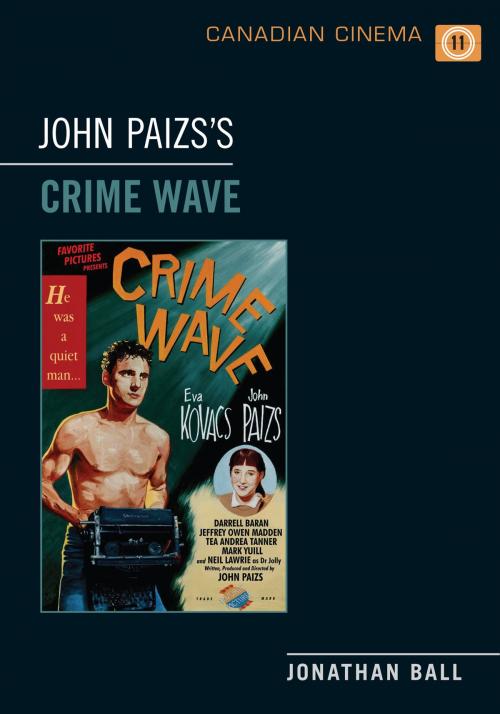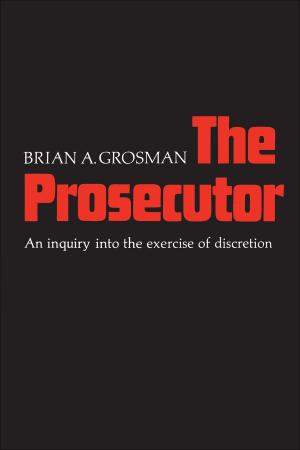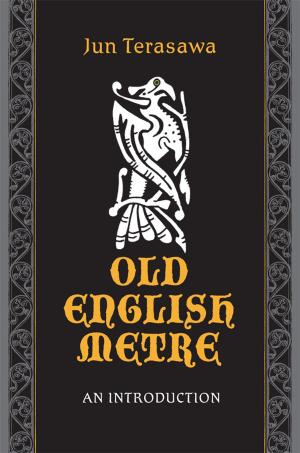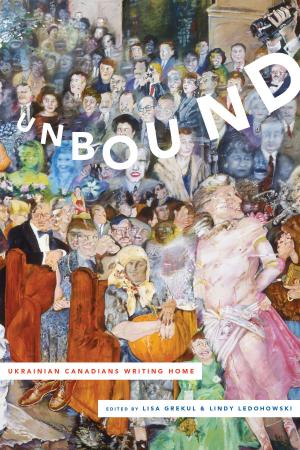| Author: | Jonathan Ball | ISBN: | 9781442670006 |
| Publisher: | University of Toronto Press, Scholarly Publishing Division | Publication: | February 5, 2014 |
| Imprint: | Language: | English |
| Author: | Jonathan Ball |
| ISBN: | 9781442670006 |
| Publisher: | University of Toronto Press, Scholarly Publishing Division |
| Publication: | February 5, 2014 |
| Imprint: | |
| Language: | English |
John Paizs’s ‘Crime Wave’ examines the Winnipeg filmmaker’s 1985 cult film as an important example of early postmodern cinema and as a significant precursor to subsequent postmodern blockbusters, including the much later Hollywood film Adaptation. Crime Wave’s comic plot is simple: aspiring screenwriter Steven Penny, played by Paizs, finds himself able to write only the beginnings and endings of his scripts, but never (as he puts it) “the stuff in-between.” Penny is the classic writer suffering from writer’s block, but the viewer sees him as the (anti)hero in a film told through stylistic parody of 1940s and 50s B-movies, TV sitcoms, and educational films.
In John Paizs’s ‘Crime Wave,’ writer and filmmaker Jonathan Ball offers the first book-length study of this curious Canadian film, which self-consciously establishes itself simultaneously as following, but standing apart from, American cinematic and television conventions. Paizs’s own story mirrors that of Steven Penny: both find themselves at once drawn to American culture and wanting to subvert its dominance. Exploring Paizs’s postmodern aesthetic and his use of pastiche as a cinematic technique, Ball establishes Crime Wave as an overlooked but important cult classic.
John Paizs’s ‘Crime Wave’ examines the Winnipeg filmmaker’s 1985 cult film as an important example of early postmodern cinema and as a significant precursor to subsequent postmodern blockbusters, including the much later Hollywood film Adaptation. Crime Wave’s comic plot is simple: aspiring screenwriter Steven Penny, played by Paizs, finds himself able to write only the beginnings and endings of his scripts, but never (as he puts it) “the stuff in-between.” Penny is the classic writer suffering from writer’s block, but the viewer sees him as the (anti)hero in a film told through stylistic parody of 1940s and 50s B-movies, TV sitcoms, and educational films.
In John Paizs’s ‘Crime Wave,’ writer and filmmaker Jonathan Ball offers the first book-length study of this curious Canadian film, which self-consciously establishes itself simultaneously as following, but standing apart from, American cinematic and television conventions. Paizs’s own story mirrors that of Steven Penny: both find themselves at once drawn to American culture and wanting to subvert its dominance. Exploring Paizs’s postmodern aesthetic and his use of pastiche as a cinematic technique, Ball establishes Crime Wave as an overlooked but important cult classic.















